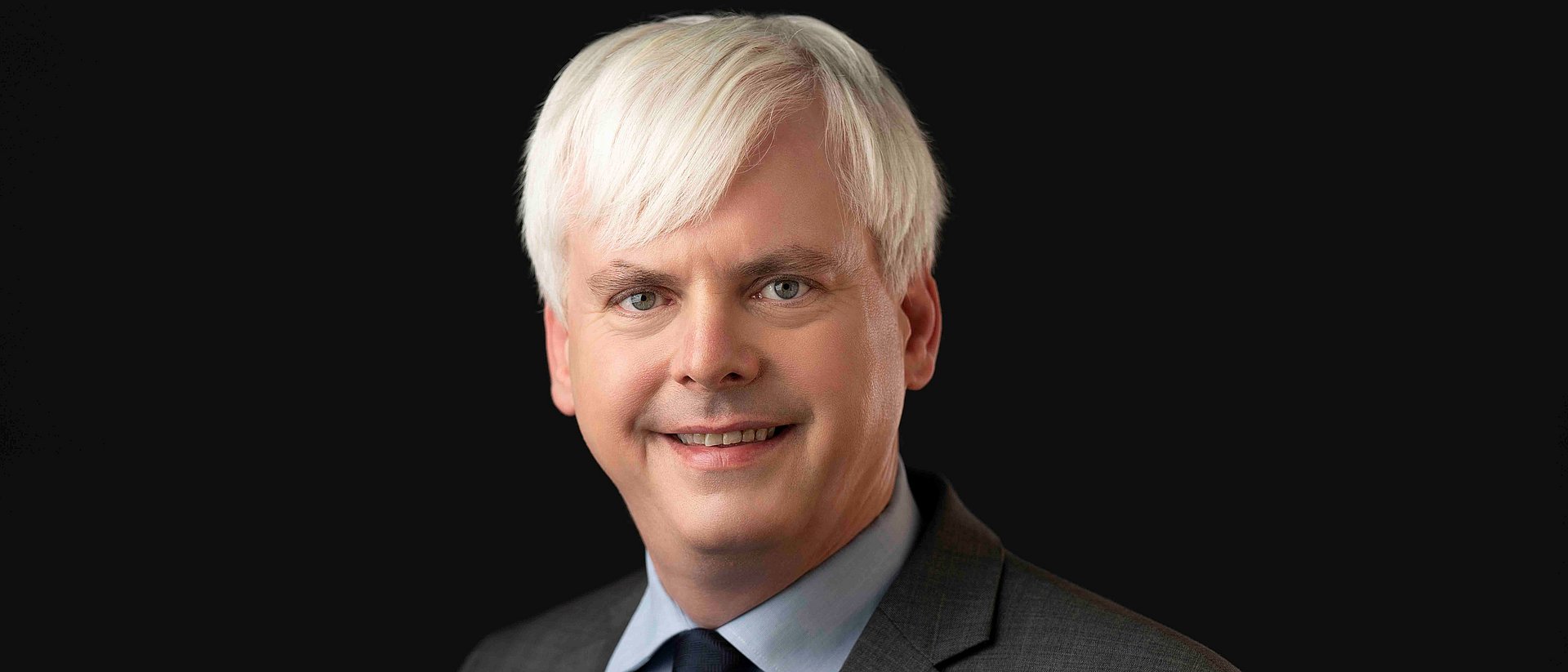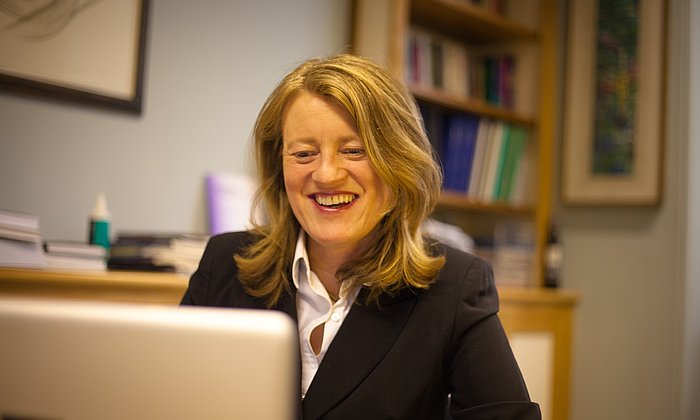"Munich Talks" event on December 5 with the new Friedrich Schiedel Prize winner Henry Farrell
Economic dependence as a political weapon

Henry Farrell is part of a new generation of political scientists whose theories aim to bring about a better understanding of the political consequences of rapid technological change. His recently published study "Weaponized Interdependence" (with Abraham L. Newman) gained considerable attention. It shows how powerful states leverage the dependencies of other states on technologies or other products in political conflicts. An example is the US government order prohibiting US companies from trading communications technology with foreign entities deemed a national security risk. The ban actually targeted Chinese companies. Contrary to long-standing belief, the networks resulting from globalization do not necessarily reduce the power of the state according to Farrell's theory. Instead states use the links in these networks to exert influence on specific targets.
Intensive discussion with students
Henry Farrell will present his study as part of the "Munich Talks" series on December 5. The lecture marks the start of Prof. Farrell's working visit to the TUM School of Governance, which will last several weeks. This visit is taking place in association with the Friedrich Schiedel Prize for Politics and Technology. The prize, which also includes a 30,000 euro endowment, will be presented at TUM on December 2.
The prize was established last year by the Munich-based Friedrich Schiedel-Stiftung, which was set up by Friedrich Schiedel (1913 - 2001), an entrepreneur, philanthropist and Honorary Senator of TUM. The foundation supports social institutions and projects and provides funding for science and research. The prize is awarded for outstanding work on politics in the digital age and is also intended to promote an extensive exchange of ideas with students and researchers at TUM.
Studying the politics of the internet
Henry Farrell's key research areas are the politics of the internet, democracy-related issues, and international and comparative political economy. He has been a professor of political science and international relations at George Washington University in the US capital since 2017. Before that he was a senior research fellow at the Max Planck Institute for Research on Collective Goods in Bonn and an assistant professor at the University of Toronto. He studied political science and German and European studies in Dublin and Washington. Along with academic books and papers, Farrell makes important contributions to public discourse as a frequent contributor to major US and British newspapers.
Date and time:
"Munich Talk" with Henry Farrell: "Weaponized Interdependence"
Thursday, December 5, 2019, 5:30 pm
Technical University of Munich (TUM)
TUM School of Governance / Bavarian School of Public Policy
Richard-Wagner-Str. 1
80333 Munich
The TUM School of Governance, established in 2017, is dedicated to research and education on the interactions of politics and technology, which play a decisive role in almost all political spheres today. With the extraordinary focus of its research profile and teaching activities, the school makes a vital contribution to the ability to understand and shape societal change resulting from rapid technological developments. The TUM department works in conjunction with the Bavarian School of Public Policy, which is hosted by TUM.
Technical University of Munich
Corporate Communications Center
- Klaus Becker
- klaus.becker@tum.de
- presse@tum.de
- Teamwebsite
